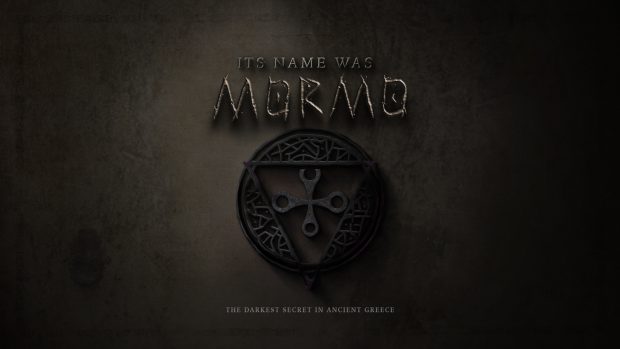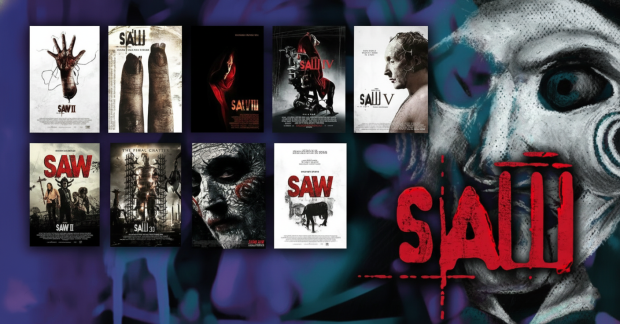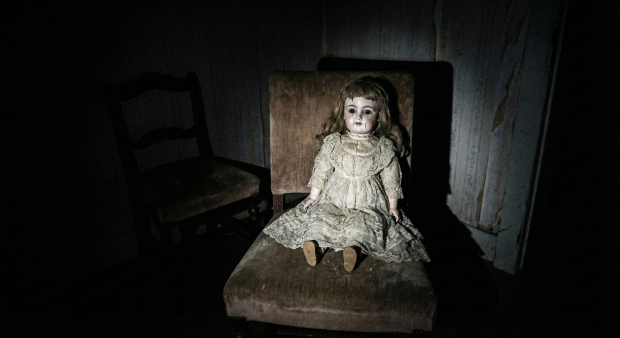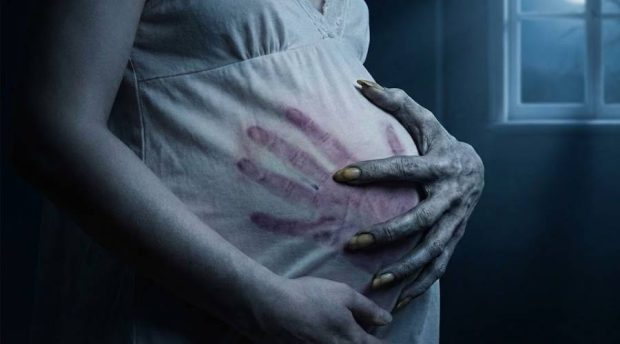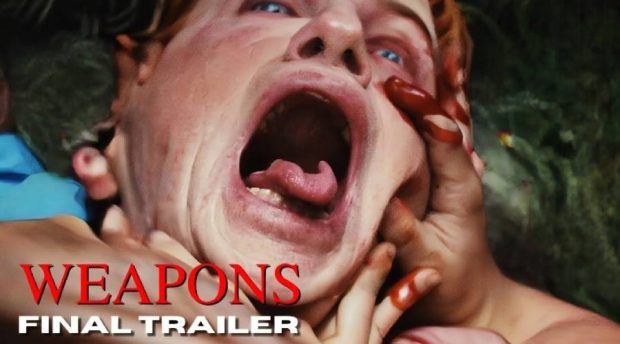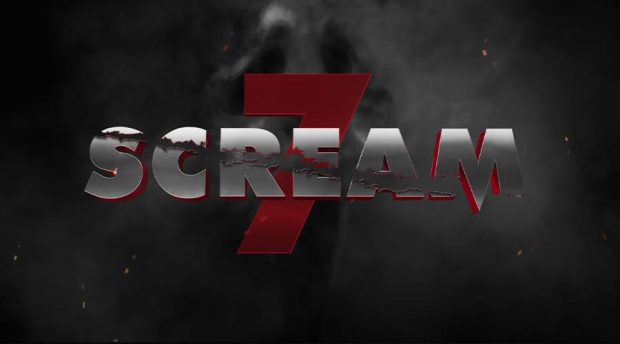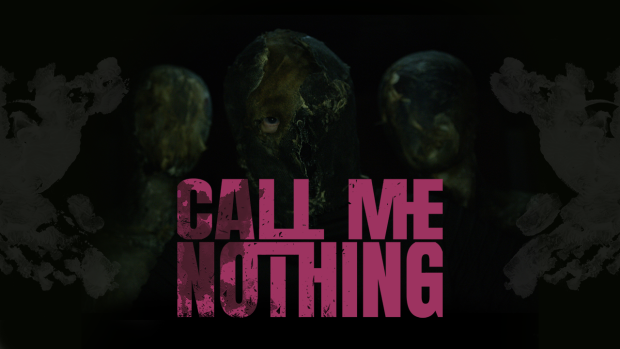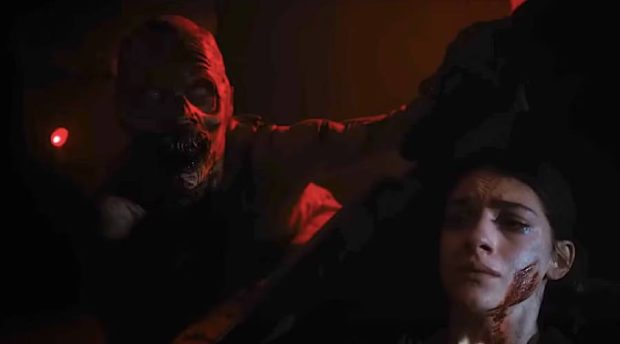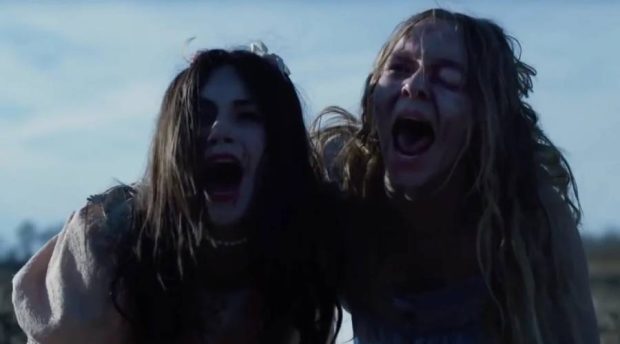
Come True (2025) – A Dreamlike Journey That Drowns in Its Own Lethargy
Come True (2025) set out to be a haunting, gripping, and original cinematic experience. Its initial premise—focused on a young woman tormented by strange nightmares—seemed to promise a deep psychological exploration, visually intense and emotionally unsettling. Unfortunately, none of that materializes successfully. What begins as an intriguing introduction ends up being a never-ending parade of repetitive scenes, sluggish pacing, and a storyline that fades into absurdity.
From its opening minutes, the film generates genuine expectations. The introduction is well executed: visually striking, well-directed, with a dark, tense atmosphere that suggests something far more compelling is about to unfold. The trailer was also excellent, a testament to the marketing team’s skill in selling the film—even if the film itself fails to deliver on that promise.

From that point forward, everything unravels slowly—almost as slowly as the film itself. The story moves at a snail’s pace, not in the good cinematic sense of careful buildup, but in a frustrating string of empty scenes that lack rhythm, impact, or narrative significance. One particular moment perfectly encapsulates this experience: a scene lasting approximately 10 minutes where we simply watch the protagonist walking slowly. Yes, ten minutes. Of walking. With no purpose, no tension, and no narrative direction.
The concept of exploring the protagonist’s nightmares could have been the film’s fascinating core. However, even this becomes monotonous. The nightmare sequences, far from innovative or disturbing, fall into complete repetition. It’s hard not to think “this again?” every time the same visuals, environments, and recycled effects appear. There’s no evolution in the dreams, no real revelations, which kills any sense of progress or discovery.
The script, aside from being slow, seems utterly meaningless. The narrative never develops with clarity or depth. The initial mystery never transforms into anything significant, and when the ending finally arrives, it’s abrupt, incomprehensible, and—frankly—deeply frustrating. Instead of a surprising or thought-provoking conclusion, viewers are handed a forced, rushed twist that feels disconnected from everything that came before, as if the creators simply didn’t know how to end what they started.
The viewer is left with the bitter feeling of having wasted nearly two hours waiting for something that never came. The atmosphere, which in other contexts could have been a strength, here becomes a burden. Every wide shot feels unbearably slow, every silence too long, every scene stretched far past its welcome. The end result is a visually dense but emotionally hollow experience, unable to sustain interest beyond the first twenty minutes.
‘Ghostland’ 2018 – Movie Review
Does the film have any redeeming value? Yes—the introduction. The first few minutes showcase interesting artistic direction and create the illusion that we’re in for something special. Credit must also be given to the marketing team for crafting a trailer that sold this idea effectively. But these are small islands of merit in a sea of disappointment.
In short, Come True (2025) fails spectacularly in its attempt to deliver psychological horror. What could have been a captivating cinematic nightmare becomes a nightmare in the worst sense: a tedious, repetitive, and empty experience. Apart from its opening, there is little to salvage from this film.
Final Rating: 1/10
A promise that fades into its own slumber.



